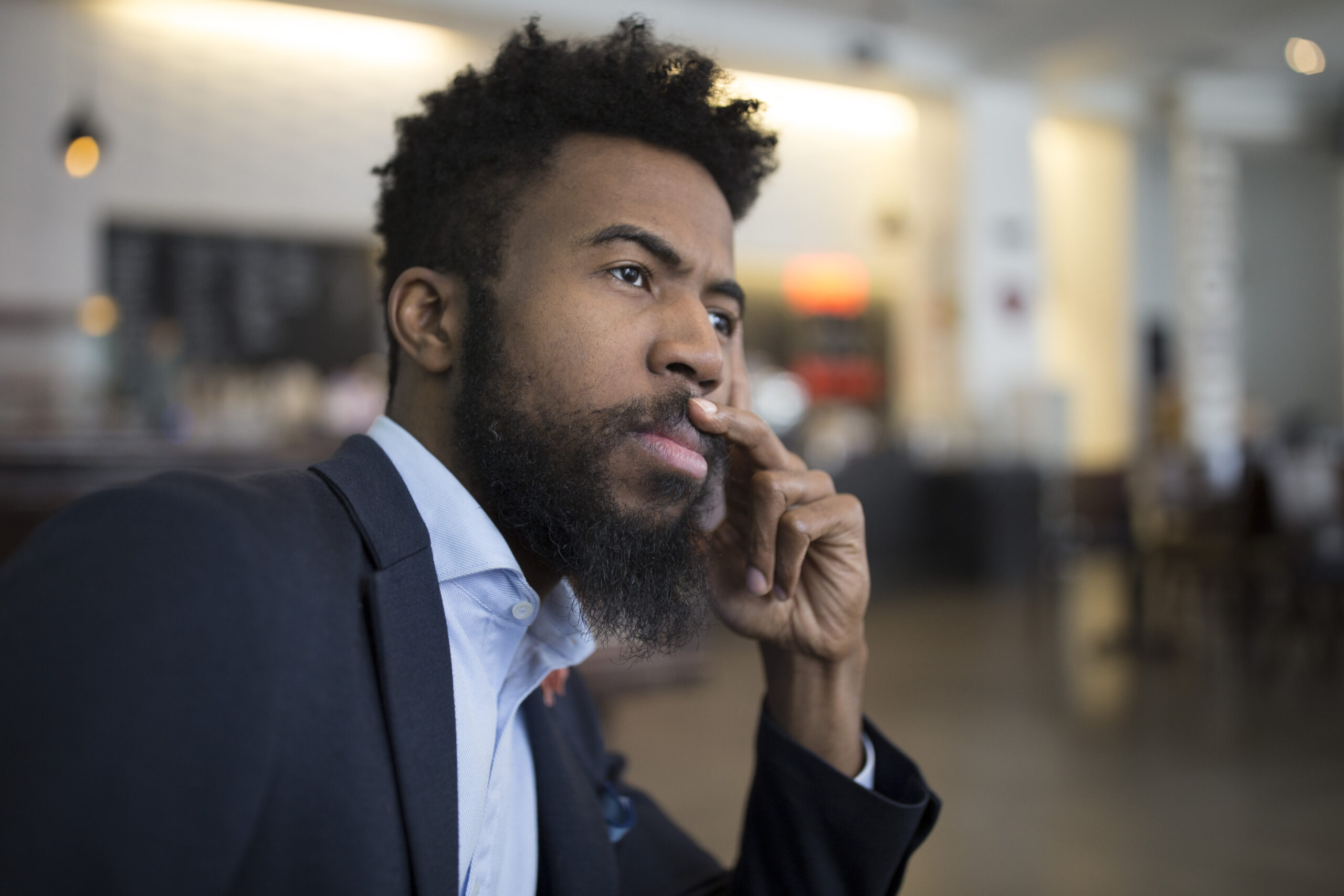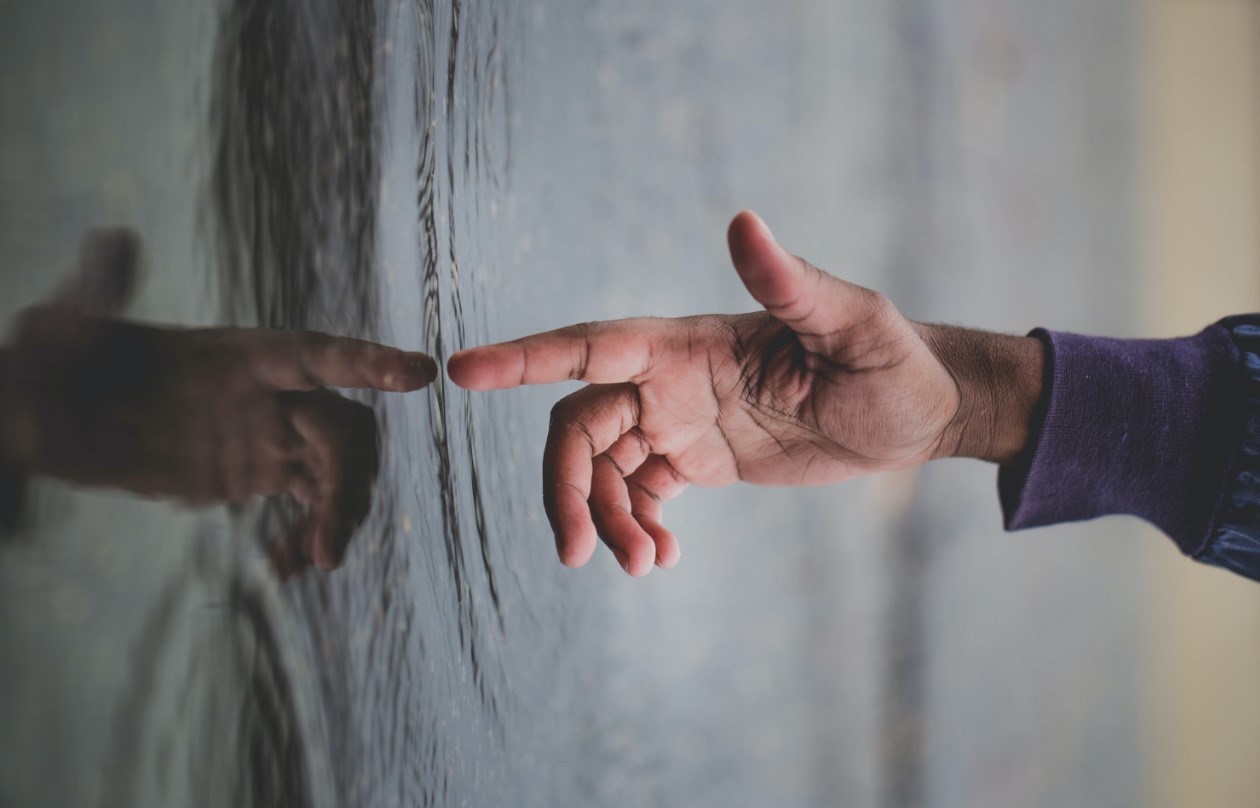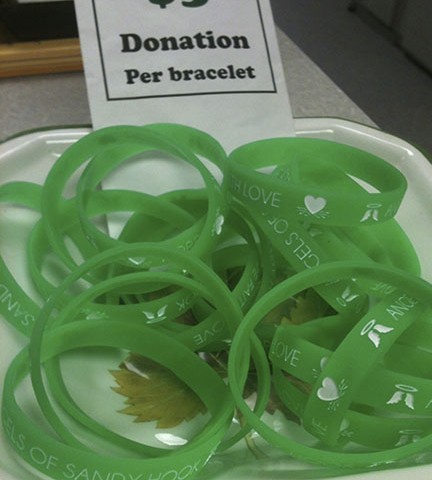If the way things are will be the way things will continue, then we must address time—the boundless landscape of happening. Even before that, though, we must face the students, or at least have an idea of what students are facing. Some of their challenges we know: multiple layers of disenfranchisement, lack of resources, time away from home. However, our attention cannot just rest on challenges. Our critical engagement should extend beyond what plagues and nags their brains. What sweet gnaw is rattling their imaginations? Who is teaching them in between, during, and after class? How do we pull energy into the classroom that dazzles students and maintains their attention?
Tracking student interests and activating those interests in the classroom is one way to encourage and challenge them. Researching where their interests collide and collude within academia, history, and community can be grounding and affirming in ways that tool students to go on. What happens when all these points meet? Let’s ask the writer who, at the word of his mother and her box of his past writings, has been at it since he was four years old.
This go around for The Talk I spoke with Dr. Joshua Bennett, and in the Harlem MIST cafe with Harlem educating in my periphery, he shared his years of insight. Bennett is a world-renowned poet and author of The Sobbing School. He is a Yonkers, New York native and a recent addition to the Dartmouth College English and Creative Writing Department. Bennett holds a PhD in English from Princeton University and is a member of the Society of Fellows at Harvard University. As Bennett speaks, Harlem hushes, our coffee table and couch a university of our own making.
M.L. Thompson: When you first started writing what were some of your obsessions?
Joshua Bennett: Blackness and distance, you know. Back then, I was thinking about an impossibility of distance from the communities I grew up in. Also thinking about the fact that I was traveling two hours a day to go to this private school that ostensibly had all the value in the world. Then I get to the school and realize not only that the White students weren’t smarter than me, but weren’t smarter than the other Black students, and certainly weren’t excelling at the institutional level more than the Black girls, in particular, who had straight As and all AP courses. So I thought the school was odd. I certainly got instruments that I am very thankful for, but at the same time, as a teenager my obsession was, “What did I come here to do? And why did I have to come here to do it?”
What else [were/are] obsessions? Black love, and more explicitly, in what conditions is Black love even possible and available. I write quite a bit about my family—both interpersonal romance but also my family-unit and culture. My father integrated his high school in Alabama. My mother grew up in the South Bronx, after my grandmother on my mother’s side came up to New York during the Great Migration. She owned two salons in Harlem. To come back to distance, a lot of my writing practice is about navigating that distance between the beauty salon of my youth and elite white academic spaces I am in now. A lot of my recent work comes out of that collision, and me trying to find a language that feels true in it.
MT: So when you’re a child thinking about home, distance, and Blackness, were those obsessions being fostered in your classroom?
JB: No, absolutely not. I remember being 14 years old and feeling like Ancient Greece got two weeks of lessons, then the whole continent of Africa was a week. Let’s just take it to geographic space. Think about the continent of Africa, versus this tiny space of land. One gets one week, and the other gets two weeks. That doesn’t make sense. Then I voice this and people say, “Oh, we’re talking about contributions.” [laughs] I already knew something was up, and I’m like, “Oh, okay. Africa’s contribution was a week.” [laughs] So yeah, no, [my obsessions] definitely weren’t fostered; they were outright maligned, and part of what makes these elite spaces elite is that there are no Black people there. Which is what I try to impress on young people when I talk to them about this—if there were more of us at private institutions then the schools wouldn’t be private schools anymore. They would be something else. The schools would then be a site of criminal activity, and they would call the police. These are part of the reason I became a professor—to create what I didn’t have.
MT: Were there any bright moments in the classroom? Moments when your teachers were really looking at you and trying to foster something that needed watering or some kind of attention and care?
JB: I had many moments like that in high school. It started my freshman year with Jacqueline Butera, who was the school counselor, and she helped assign me to a learning specialist. Which, if you can imagine, was very difficult for me for all sorts of reasons. Like, the pervasive ableism and anti-Blackness that structures our society. What did it mean for me to need help with learning? Especially when that was ostensibly why they picked me. I was one of the “special Black children” that performed well on standardized tests and all of that. Ms. Butera connected me with a learning specialist who effectively taught me how to use a binder, folders, and organizational principles for memorization and to perform on tests.
MT: Which will change your whole life! I was a horrible student until I learned that calendars, planners, and to-do lists are valuable.
JB: Absolutely and office hours! [laughs]
MT: I used to think I could just come in and do well, or just get the material.
JB: Because you’re nice with it right?
MT: Yeah, but school was like, “Nah, you have to have some tools.”. [laughs]
JB: I always had structure and discipline in my home, but of various kinds. Not with the writing and that’s what I got in a formal academic environment like Rye Country Day School. Kaliq Simms was the first Black teacher I had at Rye Country Day in a classroom space. She taught my English class. Her brilliance and radical imagination completely reshaped my educational experience. She helped a lot of the Black students get tracked onto AP courses. Then many of us from her class went on to Harvard, Yale, UPenn. Ms. Simms told me I was smart and told me I was a good writer. She really supported that writing, like the poems and formal prose. Even some of my other teachers, that said stuff that was kind of outright racist, I had other moments with them that weren’t those moments. Times when it was clear that they thought I was smart and expressed that outwardly, which I wasn’t used to. I had a teacher who told me, “You are a very fast reader and that is impressive and important.” I didn’t know that. I read by myself in my room, I thought I was just reading. There were a lot of moments of recognition and of seeing myself in spaces I was taught not to see myself.
MT: In your classrooms now, how do you get your students writing?
JB: Often with music. The class I have taught most frequently is called Black Soundings in Contemporary Poetry, and every week the students have a playlist or album that corresponds with a contemporary poetry collection, but also theoretical text. So for example I have a week on Fugitive Music; I teach Harmony Holiday’s collection Go Find Your Father alongside Carter G. Woodson’s The Mis-Education of the Negro, and Lauryn Hill’s The Miseducation of Lauryn Hill. We have another week called Eco-Tones where I teach Journey Through the Secret Life of Plants by Stevie Wonder, alongside contemporary Black eco-poetry. So part of what I am trying to do is think of popular forms of lyric poetry people are writing and encountering. How do we think about a blues tradition as formative of Black letters, and how do we think about contemporary blues people like Future alongside someone like Bessie Smith? How are both of these artists thinking about intoxication, love, despair, sex, and blueness? That is what I try to create in the classroom, thinking in webs and intersections with the materials we already have available to us, and then making them strange.
MT: In your classroom if we are investigating Bessie Smith and Future, how then do you get your students to investigate themselves? Or are you trying to get them to investigate themselves at all?
JB: I would hope so. Part of how I do it is by using those pieces of music and writing as prompts. So taking a song like “Low Life” and using the song or even the title as a prompt, such as, “Self Portrait as Low Life.” How do we take those materials and actually investigate our own histories and conditions? I have my students write self-portraits as objects. Often objects that they picked at random. It helps get them into the difficult topics that I think are hard to write about, like their obsessions. I trace their obsessions and the feedback I get from them. Free writes as soon as they enter the classroom help too.
MT: What type of books are you putting in front of your students?
JB: All kinds! Winthrop Jordan’s White Over Black is one, but also anthologies because it is part of my methodology: how do we put disparate voices across Black time in conversation? We look at Camille Dungy’s Black Nature; and also Dudley Randall’s For Malcolm, his book of elegies for Malcolm X. Right now I am investigating 1968 literature when Black Fire, Gwendolyn Brooks’ In the Mecca, and Etheridge Knight’s Poems from Prison dropped. Gwendolyn Brooks wrote the preface for Poems from Prison, which is a master class on prefaces. So teaching these books side by side lets me show that these writers were in conversation. When you look at Richard Wright’s book of haiku, Gwendolyn Brooks wrote the blurb; so I am wondering how we look at these people not just as individual writers whose work is useful, but how were they creating community in ways that are models for us. That is the kind of text I try to put in front of them. Books that are active.
MT: What books were put in front of you that changed your approach to teaching, to writing, to how you’re moving about the world?
JB: bell hooks’ Teaching to Trangress. Terrance Hayes’ Wind in a Box, because he is doing stuff with persona in all those blue poems that explore voice in ways that are useful. Certainly anything Imani Perry writes, like More Beautiful More Terrible, Prophets of the Hood, May We Forever Stand. Her work has taught me a lot about approach, how to write out of a deep love for Black people, and to think in an interdisciplinary way. Hortense J. Spillers’ Mama’s Baby, Papa’s Maybe that was put in front of me when I was 18 years old, and that shaped the way I think, in terms of putting difficult language in front of students.
MT: Teaching seems like such a wild endeavor right now. So I am wondering, what would you say is your responsibility as a teacher teaching in 2018?
JB: Part of what I write about when I write about teaching is that this is an opportunity to build a more just and equitable society outside of the classroom. I am writing about how part of what we are doing in my classroom is, bare minimum, building a vocabulary for that world—knowing we may die before it arrives. Knowing that it may never arrive, even beyond us. We do it for the dream of it. This is where I hope Ta-Nehisi Coates’ name comes up more often than not. The language he gives us to talk about fighting but not always winning is important: you don’t fight to win, you fight to fight. He is not the first to say that, but that is the piece of Between the World and Me that I found the most useful. So maybe that is also my job in the classroom, both through example and my teaching to say, “We have a right to live and we have to fight for it.” I mean that in a literal way that I don’t always know how to talk about in the classroom. That, if you are really bout it in the way that the people we’re reading are bout it, you might die. The state is murderous. We know about that in a way that circulates online rather easy in the form of dead Black flesh. I work in a university with gentrifiers, right, with people deeply invested in private prisons. That’s their pockets. These people don’t want you to undo that stuff, so you have to be willing to lay your life down every day. I hope to prepare folks to live and die well.

This interview has been edited and condensed.
Dr. Joshua Bennett – @sirjoshbennett
M.L. Thompson – @dreamyuncle
LaQuann Dawson Jr. – @laquanndawson
All photos by LaQuann Dawson Jr.
M.L. Thompson is a second-year MFA student at The New School and a Teachers & Writers Magazine editorial associate.



